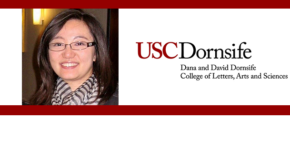Category: Political Science
-
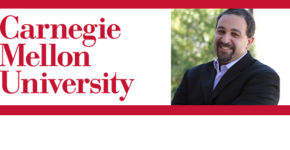
Daniel Armanios, Carnegie Mellon University – The Social Legacies of Our Infrastructure Systems
On Carnegie Mellon University Week: Infrastructure can keep people locked in the past. Daniel Armanios, assistant professor in the department of engineering and public policy, explores how. Daniel Armanios is an Assistant Professor in the Department of Engineering and Public Policy at Carnegie Mellon University as well as a Distinguished Visiting Professor of Leadership at…
-
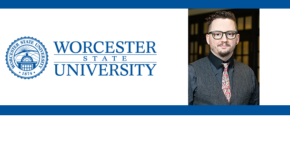
Bryant Sculos, Worcester State University – Learning From Basic Income Pilots
On Worcester State University Week: What can we learn from universal basic income pilot programs? Bryant Sculos, visiting assistant professor of political science, discusses their effect. Dr Bryant William Sculos is a transdisciplinary international political theorist and currently a Visiting Assistant Professor in the Dept. of History and Political Science at Worcester State University. He…
-
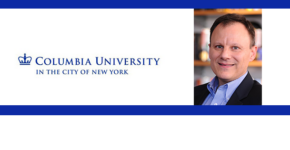
Timothy Frye, Columbia University – Weak Strongmen
Being a dictator can seem simple, but is it? Timothy Frye, professor of post-soviet foreign policy at Columbia University, examines what pitfalls a despot may encounter to stay in power. Timothy Frye received a B.A. from Middlebury College in Russian language and literature, an M.A. in International Affairs from Columbia University, and a Ph.D. in…
-
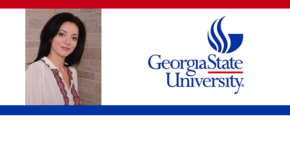
Sophia Moskalenko, Georgia State University – QAnon: Real and Imaginary Dangers
Like it or not, QAnon keeps hitting the news. Sophia Moskalenko, research fellow at Georgia State University, has more on the evolution of the conspiracy theory led group. Sophia Moskalenko is a psychologist studying mass identity, inter-group conflict, and conspiracy theories. Her research on the psychology of radicalization has been presented at scientific conferences, government…
-
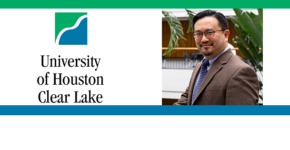
Se-Hyoung Yi, University of Houston Clear Lake – Deliberative Dialogue: A New Kind of Political Talk
On University of Houston Clear-Lake Week: Political theorists are interested in a new way to debate political theories. Se-Hyoung Yi, assistant professor of political science, looks into one such method. Dr. Se-Hyoung Yi is Assistant Professor and Director of Political Science at the University of Houston-Clear Lake. He has a Ph.D. in political Science from…
-
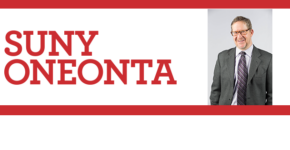
Matt Hendley, SUNY Oneonta – What if the U.S. Followed the Westminster Parliamentary Model?
What if the U.S. government was more like the United Kingdom’s? Matthew Hendley, professor of history at SUNY Oneonta, delves into the contrasting styles of governance. Dr. Matthew Hendley is Chair and Professor of History at the State University of New York – College at Oneonta (SUNY Oneonta). Educated in Canada, he is a specialist…
-
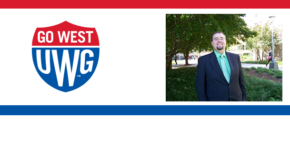
Anthony Fleming, University of West Georgia – Gun Policy Debate as Individualism vs Communitarian Values
On University of West Georgia Week: Rugged individualism has had a large influence over gun laws in the U.S. Anthony Fleming, associate professor of political science, determines its impact on the country. I graduated with my PhD in Political Science in 2010 from West Virginia University. My primary area of study has been gun control…
-
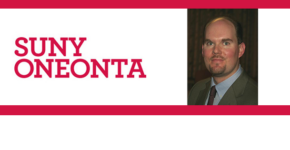
Brian Lowe, SUNY Oneonta – Conspiracy Theories
Conspiracy theories continue to run rampant in today’s public sphere. Brian Lowe, professor of sociology at SUNY Oneonta, looks into why. Brian M. Lowe received his BAH and Master’s in Sociology from Queen’s University at Kingston, Ontario and his Ph.D. in Sociology from the University of Virginia. Dr. Lowe’s research and teaching interests include sociological…
-
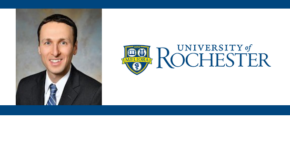
David Primo, University of Rochester – Campaign Finance Reform
Money is always a big factor in political discussions. David Primo, professor of political science and business administration at the University of Rochester, wonders if our fears are overblown. PhD, Stanford, 2002. American politics, campaign finance, corporate political strategy, corporate social responsibility, fiscal policy, and political bargaining. Primo’s most recent project on campaign finance is…

